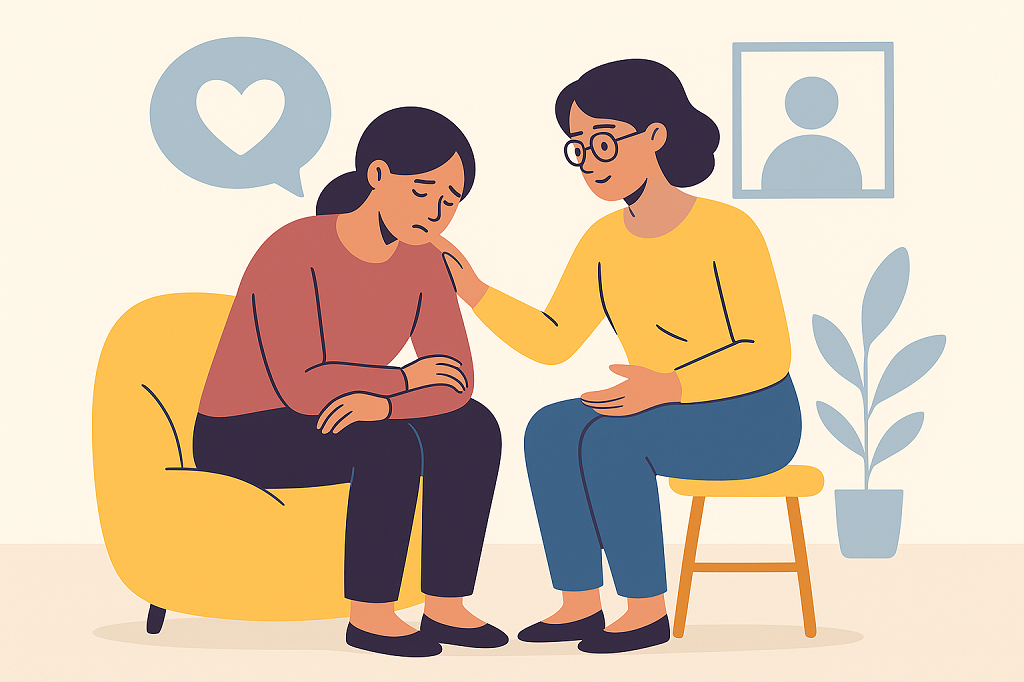The Healing Power of Shared Experience
Understanding Eating Disorders
Eating disorders are complex mental health challenges that deeply affect individuals’ relationships with food, body image, and self-worth. While medical and therapeutic treatments play an essential role, recovery often requires more than professional support. Many people find strength and healing through connecting with others who share similar experiences, and this is where peer support becomes an invaluable resource.
The Value of Lived Experience
At the heart of peer support is the use of lived experience. Peer supporters—individuals who have themselves navigated eating disorders or cared for someone struggling—bring unique insight, empathy, and authenticity. Unlike traditional professional relationships, peer support is grounded in mutual understanding and the recognition that personal stories of survival and growth hold real value. This lived experience provides hope that recovery is possible, no matter how difficult the journey may feel.
Building Trust and Reducing Isolation
Many people with eating disorders experience deep isolation and may feel misunderstood by friends, family, or even professionals. Peer support can help to break down this isolation by offering a safe, non-judgmental space where individuals can talk openly with someone who truly “gets it.” This trust, born from shared struggles, allows people to feel less alone and more empowered to face challenges with the knowledge that others have walked the same path.
Empowerment and Mutual Growth
Peer support is not about giving advice or prescribing solutions. Instead, it focuses on listening, exploring, and suggesting alternative perspectives without imposing them. In this way, peer support empowers individuals to take ownership of their recovery and to recognize their own strengths. It also promotes mutual growth, as both the peer supporter and the person receiving support often benefit from the exchange, reinforcing the principle of reciprocity that underpins peer work.
Complementing Professional Treatment
While peer support is not a substitute for clinical care, it can complement professional treatment by offering additional layers of encouragement, hope, and understanding. Together, therapy and peer support create a more holistic recovery journey—one that honours both the expertise of professionals and the lived wisdom of peers.
Conclusion
Peer support provides a unique and powerful approach to recovery from eating disorders. By valuing lived experience, reducing isolation, and fostering empowerment, peer support creates spaces where healing feels possible. For many, connecting with someone who has “been there” can make all the difference in finding the courage and resilience needed to move toward recovery.
